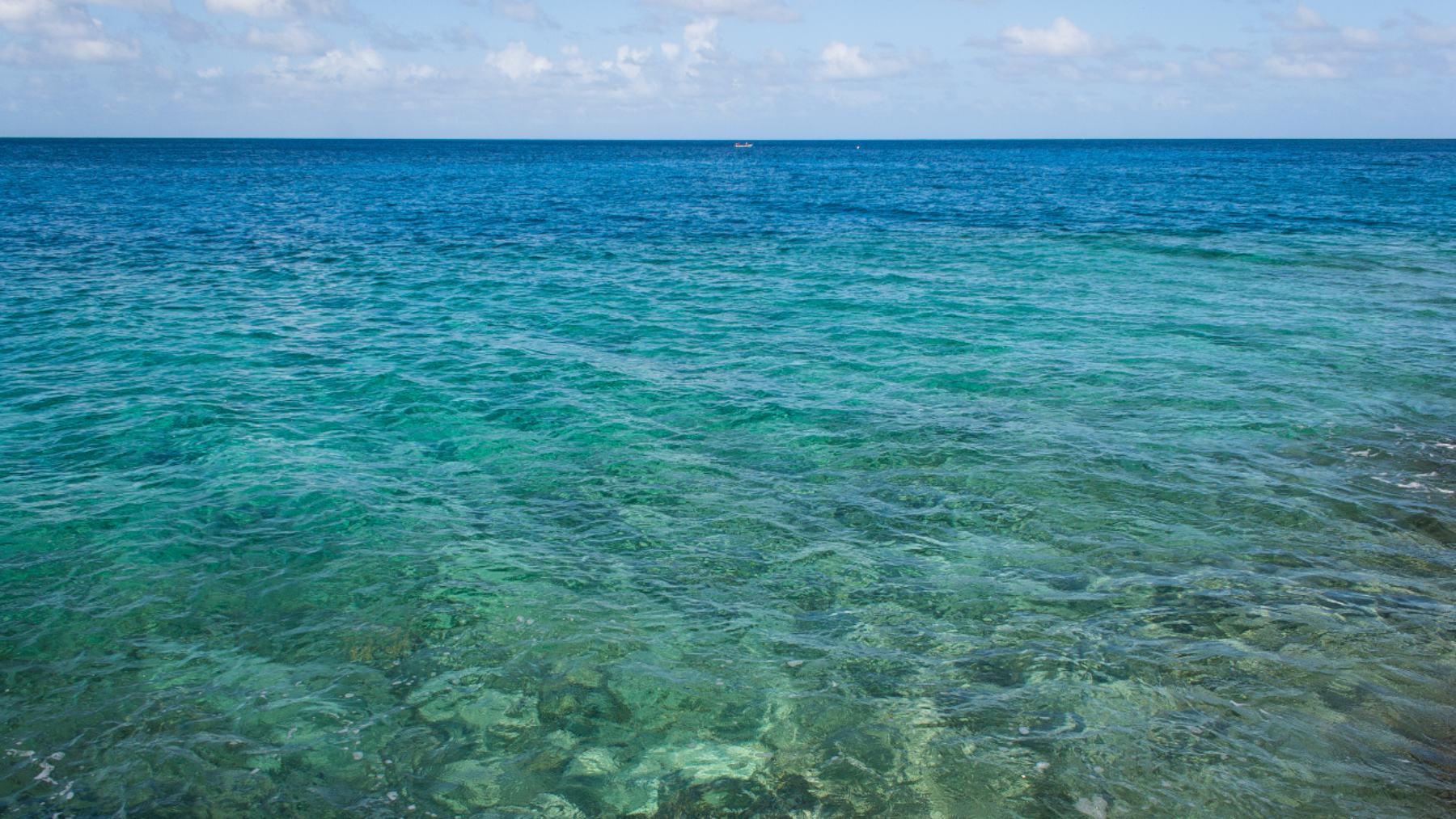They say two heads are better than one. In this case, two countries are better than one, as researchers have made a major discovery that could rewrite history. The most crucial source of life on Earth is water, but a high percentage of water remains unsafe for human consumption. Thanks to this breakthrough, drinking water will be safe for billions of people.
Two countries are better than one
Researchers from the University of South Australia and China have partnered to solve a critical problem. Earth has plentiful water, but the majority is saltwater. While there are numerous methods to remove salt from water, the existing ones tend to be expensive and require a lot of energy. The research team declared that they had made a major discovery that has the potential to remove salt from water (desalinate) cheaply and efficiently.
There are 4 billion people annually who endure at least one month of severe water shortage, as indicated by UNICEF. Even more shocking, 50% of the world population could experience a shortage of water security and availability within the next year, which is why cheap and efficient desalination of saltwater would be a tremendous blessing worldwide.
Mitigating the global drinking water shortage
A global disaster of water shortage can be avoided thanks to desalination. The researchers’ discovery was published in Advanced Materials. According to their study, abundant clay minerals are added to a specific desalination method that utilizes solar energy. This results in a molecular conversion, causing saltwater to evaporate more swiftly than pure water. The clay minerals thus act as evaporation boosters, decreasing the total amount of solar energy used.
“This new strategy, which could be easily integrated into existing evaporation-based desalination systems, will provide additional access to massive amounts of clean water, benefitting billions of people worldwide.” – Professor Haolan Xu of the University of South Australia
Unfortunately, the method is not 100% foolproof. Most desalination plants utilize non-renewable sources to generate energy, resulting in increased carbon emissions. Desalination plants also generate an extremely saline solution which may contain toxic chemicals. Thankfully, researchers from the University of Australia and China have made another major discovery that could solve the latter and rewrite history.
This major discovery could rewrite history
In the past 20 years, the global use of pesticides has increased by 62%, with concerns rising that the pesticides could contaminate our waterways. According to the University of South Australia, toxicological research has indicated that exposure to low levels of pesticides over an extended period, when consumed through diet and/or drinking water, could result in an increased risk of cancer and other diseases. Add that to the toxic saline solution due to desalination, and we may have a big problem on our hands.
“Pesticides cannot be removed using conventional water treatment processes such as flocculation, sedimentation and filtration. Powdered activated carbon does the job, but the existing methods have limitations. Our study has identified how we can make this process more efficient.” – Professor Jinming Dua, water researcher of University of South Australia
One approach to removing organic pesticides from drinking water is the utilization of powdered activated carbon (PAC), which is expensive, slow, and ineffective. Professor Duan partnered with his prior PhD student, Dr Wei Li of Xi’an University of Architecture & Technology, and other Chinese colleagues to enhance the approach. The team discovered that decreasing the PAC particles to 6 μm resulted in 75% less powder required to remove six common pesticides. This resulted in notable water treatment savings. Water is crucial to sustain life on Earth. As the population continues to grow, major discoveries such as the above are vital to ensuring access to plentiful, clean, and safe drinking water.
